Statements of Support
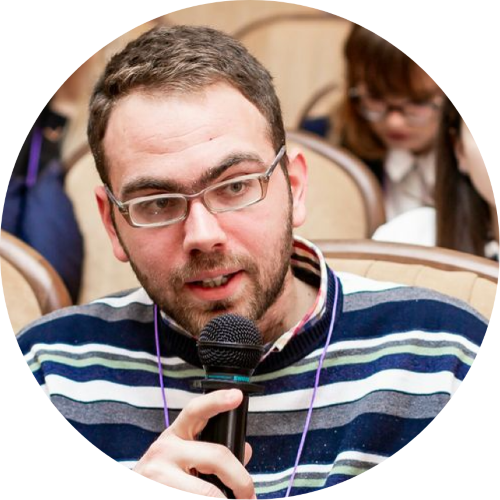 ‘Cancer does not just claim lives — it robs people of well-being, time with loved ones, and dignity. In times of overlapping crises, cross-border and cross-disciplinary cooperation offer our best evidence-based path to reduce cancer burden and protect what matters most.'
‘Cancer does not just claim lives — it robs people of well-being, time with loved ones, and dignity. In times of overlapping crises, cross-border and cross-disciplinary cooperation offer our best evidence-based path to reduce cancer burden and protect what matters most.'
Christos Tsagkaris MD, MPA, MSc
Member, EU Cancer Mission Board
'EU support and funding for cancer must remain a priority in order to build on the progress made with the Beating Cancer Plan and the EU Mission on Cancer. Investment in prevention and screening programmes, in eliminating inequalities, and in education and research that will lead to patient-centred cancer care policies is crucial to reducing the cancer burden throughout Europe and in each Member State. As a patient organisation, we stress that patients’ needs must remain at the heart of all initiatives.'
Maria Ioannidou
CEO, The Cyprus Anti-Cancer Society
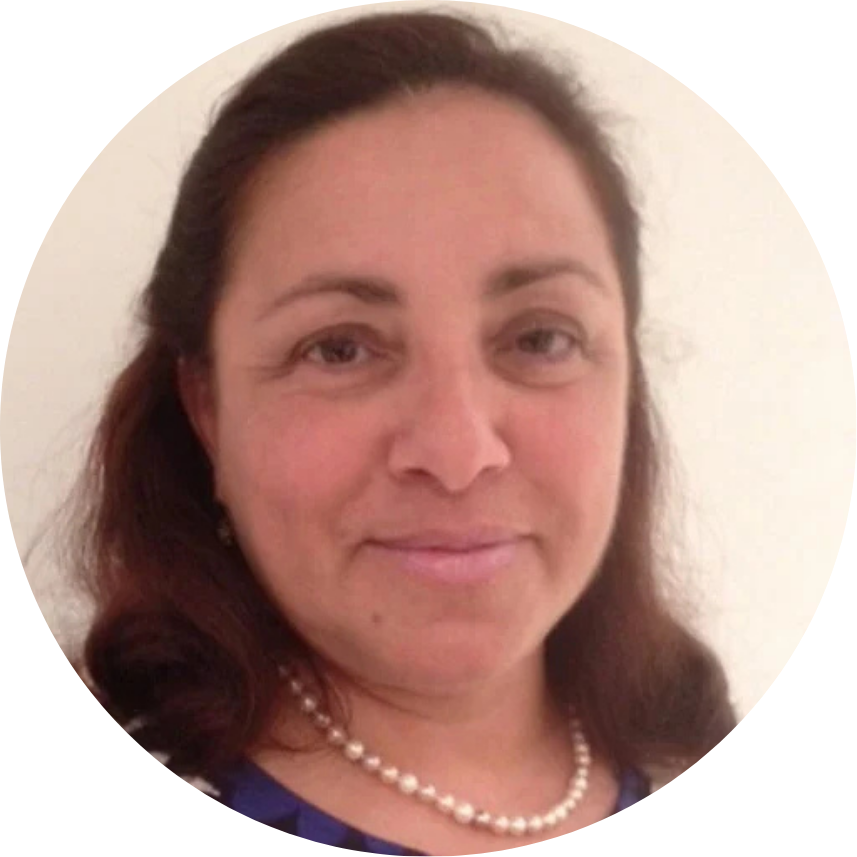 ‘We have achieved so much, but we need to have sustained support and funding at the EU level to get to the materialisation of the goal to reduce inequalities in access to high-quality cancer prevention and care.’
‘We have achieved so much, but we need to have sustained support and funding at the EU level to get to the materialisation of the goal to reduce inequalities in access to high-quality cancer prevention and care.’
Maria (Miriam) Dalmas
Ministry for Health and Active Ageing, Malta
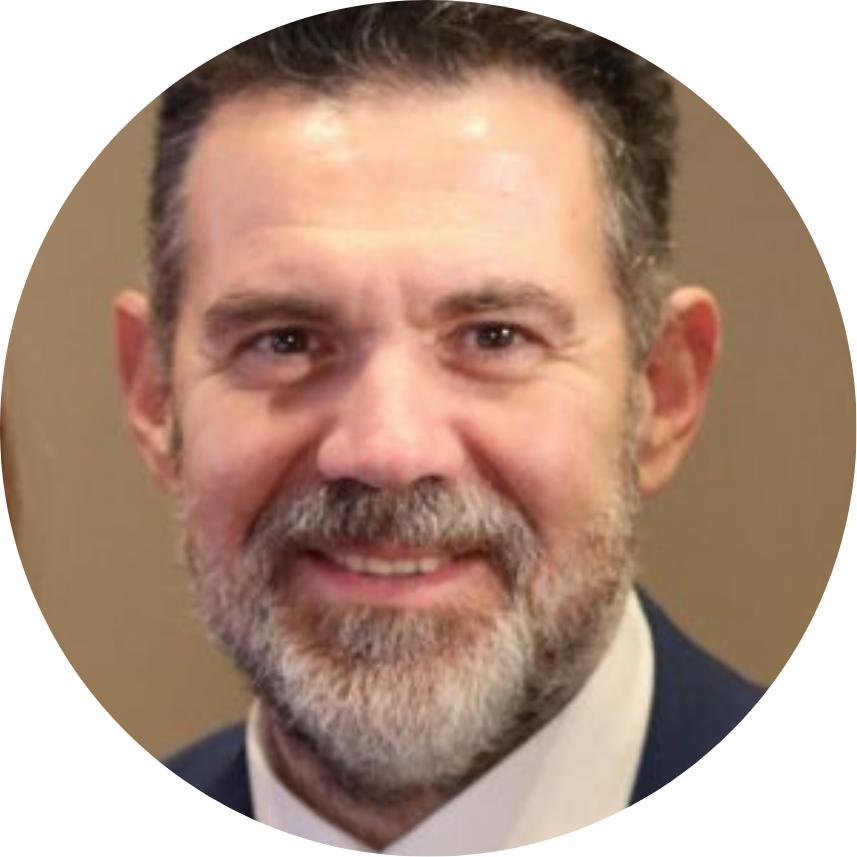 ‘ELLOK stands with the Larnaka Call because behind every cancer statistic is a person — a life that deserves hope, dignity and the best possible care. The EU Beating Cancer Plan has opened doors, but without strong funding, those doors may close. Cancer treatment must remain at the heart of the EU health agenda — because every life matters.’
‘ELLOK stands with the Larnaka Call because behind every cancer statistic is a person — a life that deserves hope, dignity and the best possible care. The EU Beating Cancer Plan has opened doors, but without strong funding, those doors may close. Cancer treatment must remain at the heart of the EU health agenda — because every life matters.’
George Kapetanakis
President, Hellenic Cancer Federation (ELLOK)
'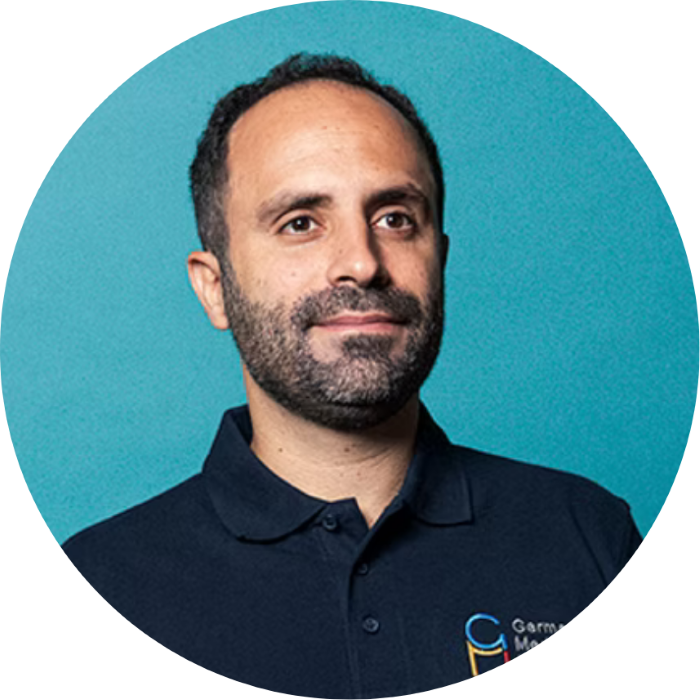 Now is the time for Europe to intensify efforts to improve cancer prevention and management, and to enhance the quality of life for cancer survivors. There is a strong need for programmes on cancer prevention and for further education of the general public to raise awareness of how individuals can reduce their risk factors. In addition, greater collaboration is required to develop and expand access to the most promising targeted therapies, to offer genomic screening, and to improve the well-being of cancer survivors and their caregivers.'
Now is the time for Europe to intensify efforts to improve cancer prevention and management, and to enhance the quality of life for cancer survivors. There is a strong need for programmes on cancer prevention and for further education of the general public to raise awareness of how individuals can reduce their risk factors. In addition, greater collaboration is required to develop and expand access to the most promising targeted therapies, to offer genomic screening, and to improve the well-being of cancer survivors and their caregivers.'
Constantinos Zamboglou
Medical Director, German Medical Institute
'Now is the time for renewed European cooperation on cancer, as advances in research, technology, and data sharing offer unprecedented opportunities to save lives. A united effort can ensure equal access to care and accelerate innovation across borders.'
Panos Ergatoudes
CEO, Bank of Cyprus Oncology Centre
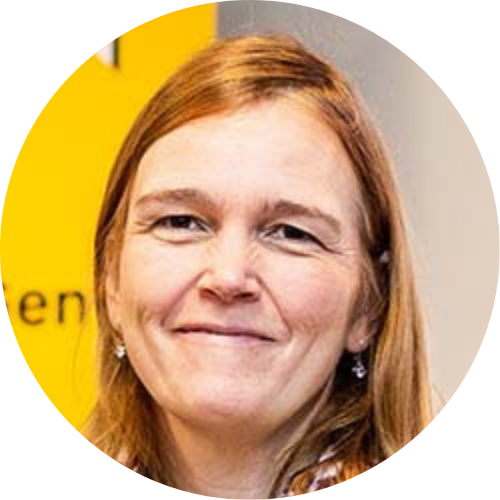 'The EU4Health programme has supported us in establishing a multidisciplinary network on prostate cancer screening. We have been piloting screening in different countries across the EU. Now is the time to consolidate knowledge and maintain momentum. There is still much to learn, and we need concerted effort and funding to move forward to ensure the best outcomes.'
'The EU4Health programme has supported us in establishing a multidisciplinary network on prostate cancer screening. We have been piloting screening in different countries across the EU. Now is the time to consolidate knowledge and maintain momentum. There is still much to learn, and we need concerted effort and funding to move forward to ensure the best outcomes.'
Sarah Collen
European Association of Urology (EAU)
Now is the time to renew Europe’s commitment to cancer because digestive cancers – some of the deadliest and fastest-rising among young people – still lack adequate EU-level attention and funding. We need stronger, sustained cooperation to close the gaps in prevention, early detection, and access to quality care across Europe.
Ivan Ratkovic
Policy Officer, Digestive Cancers Europe (DiCE)
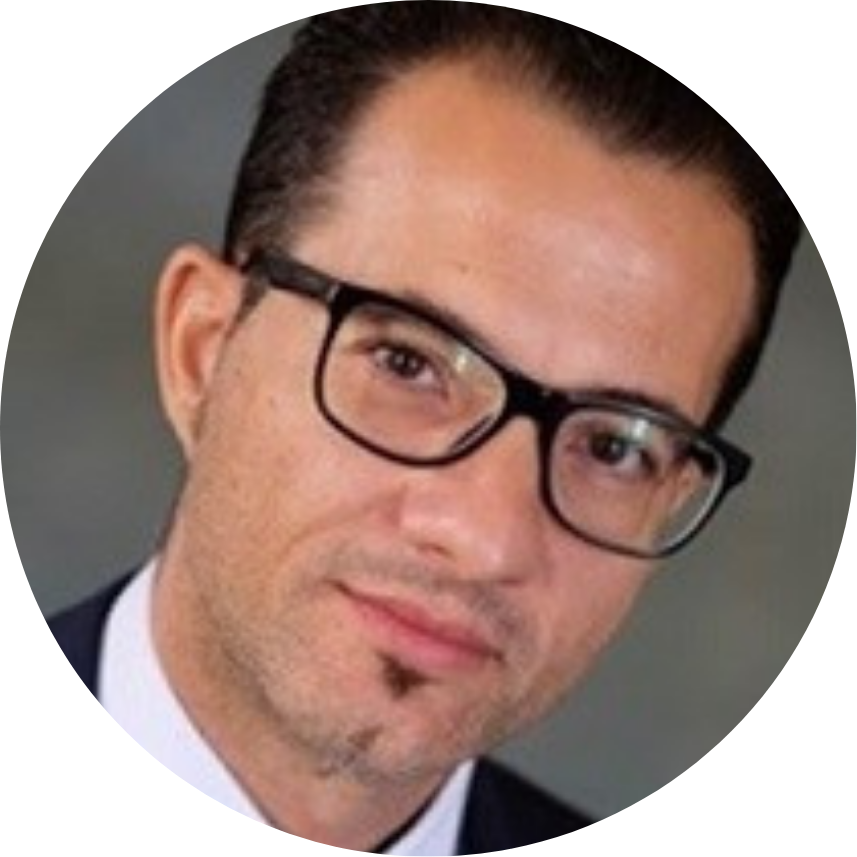 'With the increasing burden of cancer worldwide, the continuing ageing population, and health systems' financial constraints, we need to intensify our focus on tackling cancer.'
'With the increasing burden of cancer worldwide, the continuing ageing population, and health systems' financial constraints, we need to intensify our focus on tackling cancer.'
Andreas Charalambous
Professor in Oncology and Palliative Nursing Care, Cyprus University of Technology (CUT) & Past-President, European Cancer Organisation
'Europe’s greatest cultural achievement is not housed in our museums or monuments - it is our unshakeable belief that healthcare is a human right, not a privilege, and that the true measure of a society lies in how it cares for its most vulnerable. Every euro invested in the EU Cancer Mission today has the power to transform three million lives by 2030 - but only if we act now. Europe bears 25% of the world’s cancer burden while representing just 10% of its population, making adequate financing not only an investment in research but a moral imperative that can determine whether entire generations live or die. This is our moment to prove that when Europe unites and places sufficient resources behind a common cause, we do not just fund science - we fund hope. And hope saves lives. Together, we are not merely 27 countries funding research; we are 450 million Europeans choosing hope over fear, unity over isolation, and life over loss.'
Zacharoula Sidiropoulou
Head of Breast Unit, West Lisbon Local Health Unit
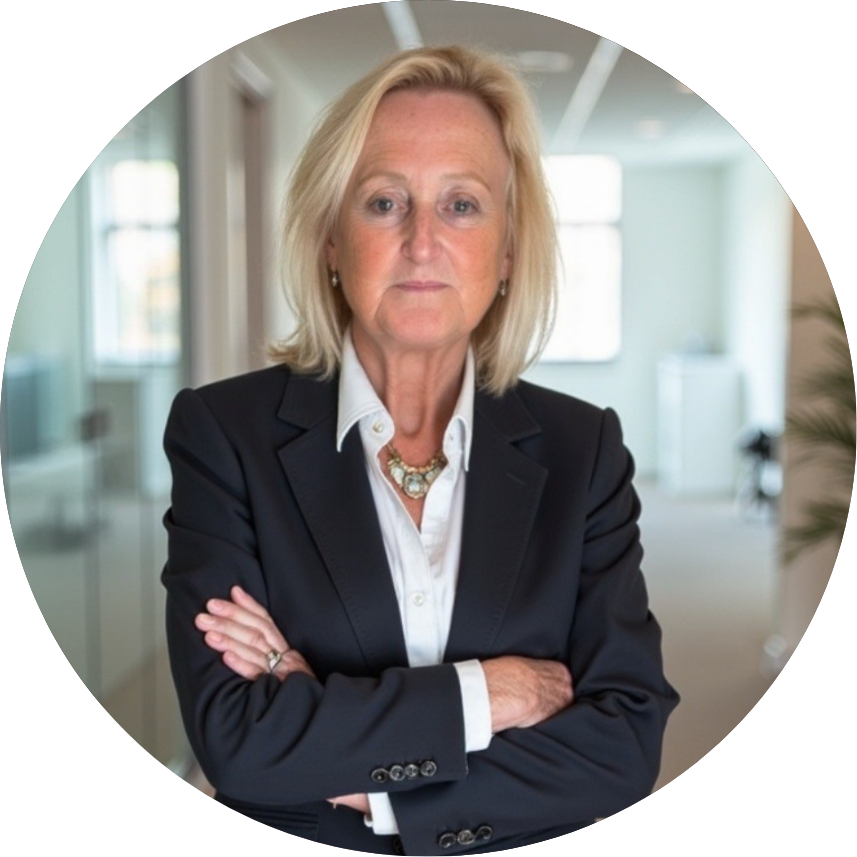 'Europe has shown what is possible when we work together on cancer. Now is the time to protect that progress and build upon it - tackling stigma, expanding early detection, and ensuring that people everywhere have fair access to innovation. Only through sustained cooperation can we achieve lasting change.'
'Europe has shown what is possible when we work together on cancer. Now is the time to protect that progress and build upon it - tackling stigma, expanding early detection, and ensuring that people everywhere have fair access to innovation. Only through sustained cooperation can we achieve lasting change.'
Debra Montague
President, Lung Cancer Europe (LuCE)
'There’s still more to do!'
Daniela Kállayová
Senior Public Health Officer, Ministry of Health, Slovakia
Join leading policymakers, healthcare professionals, and patient advocates from across Europe and help us reenergise European cooperation in the fight against cancer.
Please don’t wait. Digitally sign the Larnaka Call – here and now.

